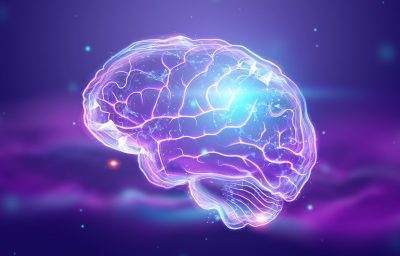Light therapy, consisting of daily exposure to bright, artificial light, is already a recognized line of treatment for people affected by seasonal and nonseasonal depressive disorder.
But much less is known about the potential benefits of light therapy for people with bipolar disorder, one of the leading causes of disability worldwide.
In a meta-analysis recently published in The Canadian Journal of Psychiatry, Dr. Raymond Lam — a professor in the department of psychiatry, director of the Mood Disorders Centre at the Djavad Mowafaghian Centre for Brain Health, and research scientist at the Vancouver Coastal Health Research Institute — took a closer look at the growing body of research in this area.
Lam and his colleagues found that, when it comes to reducing symptoms of bipolar depression, light therapy holds promise.
“We found seven published trials of light therapy compared to a placebo in people with bipolar depression. When we statistically combined the results of the studies, overall, there was significant improvement in depressive symptoms with bright light compared to placebo conditions.” said Dr. Raymond Lam
“Light acts through the eyes to regulate the biological clock located in a tiny region of the brain, known as the suprachiasmatic nucleus. We also know that there are disturbances in the biological clock that affect circadian (daily) rhythms in people with bipolar disorder, including hormonal rhythms, sleep, cognition, and other behaviours. However, we don’t know if regulating circadian rhythms is the reason why light therapy works as an antidepressant” said Dr. Raymond Lam








